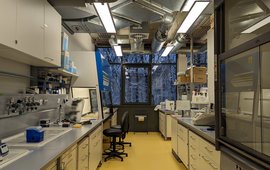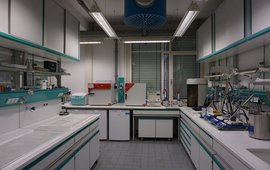A large part of our infrastructure is available for free academic use by external researchers to an extend of at least 50 percent. These infrastructures are supervised by an external steering committee. In the sense of sustainability, the expected service life of these infrastructures must exceed ten years. We call it the Modular Earth Science Infrastructure MESI. These include satellite systems, the secondary ion mass spectrometry (SIMS) laboratory and the FEI Tecnai Transmission Electron Microscope (TEM), the global observatories, and the mobile devices.
Other infrastrucure elements provided by us is operated as Large Infrastructures LI. It mainly serves internal research activites and is operated by internal steering committees. However, this infrastructure is also available to external users.
Data and products generated by MESI are freely accessible


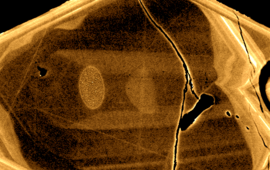
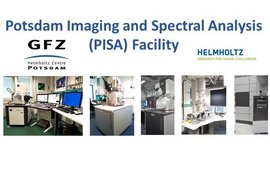
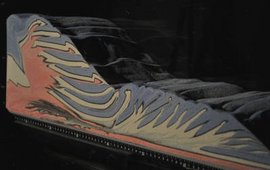
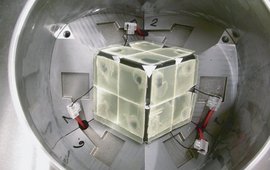
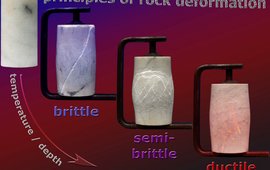
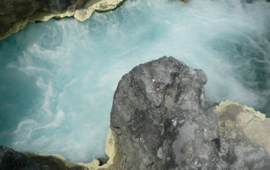
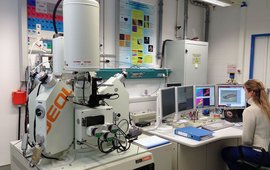

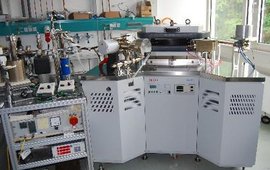
![[Translate to English:] Laboratory vessel with red liquid](/fileadmin/_processed_/0/0/csm_foto-biogeolab_01_78ecea76d2.jpeg)
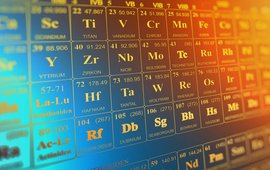
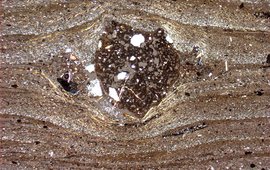
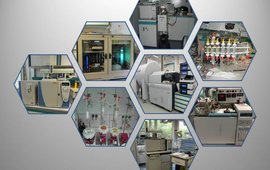
![[Translate to English:] [Translate to English:] Logo Bubble Volcano Lab](/fileadmin/_processed_/e/2/csm_bubble_volcano_lab_neu_4e4a36f9b3.jpeg)
![[Translate to English:] Cryogenic long-core magnetometer](/fileadmin/_processed_/3/4/csm_P1220145-small_8409f4eada.jpeg)
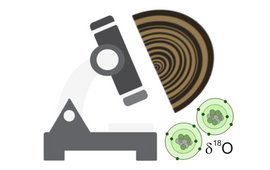
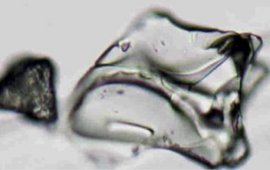
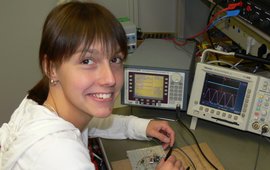
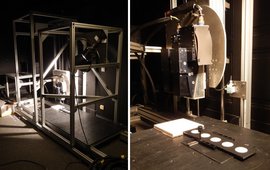
![[Translate to English:] Clean lab, no people, with window](/fileadmin/_processed_/9/5/csm_I-02_Metaloid_Cleanlab_2_50f44cf006.jpeg)
